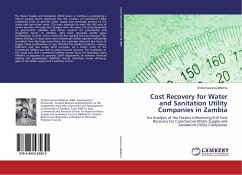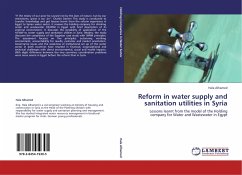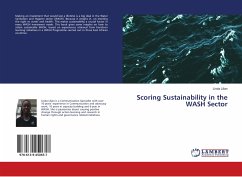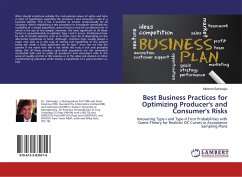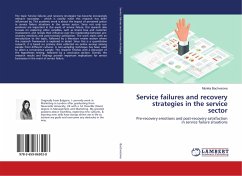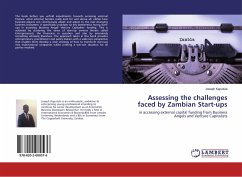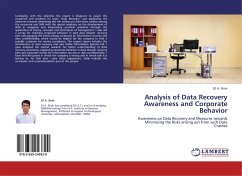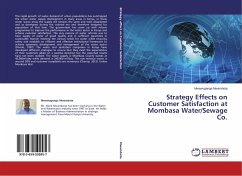The Water Supply and Sanitation (WSS) Sector in Zambia is undergoing a reform process which emanated into the creation of Commercial Utility companies (CUs) to provide water supply and sewerage services to the urban and peri-urban areas. CUs were expected to meet the full costs of service provision through user charges. Over the years, CUs have depended on government subsidies and donor support for operational and investment funds. In addition, they have operated amidst gross inefficiencies. To date, none of the CUs has reached full cost recovery. The salient findings of study were that Commercial Utilities operate inefficiently as evident from the huge water loses, low coverage rates and low hours of supply. These inefficiencies in turn affected the quality of service, revenue collection and also erode tariff increases. As a result, none of the Commercial Utilities was able to attain full cost recovery. The conclusion of the study was that Commercial Utilities should focus on becoming more efficient as opposed to upwards tariff adjustments to enhance financial viability and sustainability. NWASCO should, therefore, foster efficiency gains in the Water supply and Sanitation Sector.
Bitte wählen Sie Ihr Anliegen aus.
Rechnungen
Retourenschein anfordern
Bestellstatus
Storno

